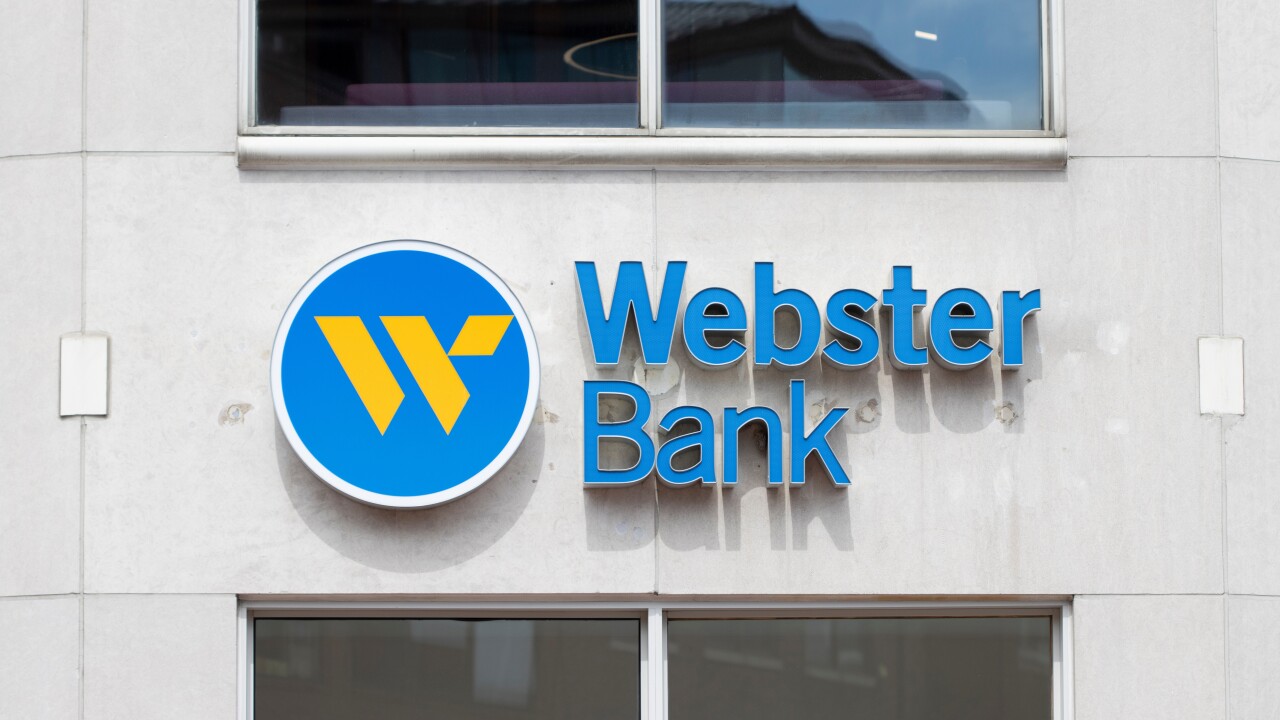
In a challenging economy with higher prices and corporate downsizing, the competition among B2B payment companies is being defined by combining multiple products to keep clients from fleeing to other providers.
Brex, for example, has added a series of products and platform upgrades to reach business users, with a focus on enabling startups to get up and running and retain existing customers, including those that came from the defunct Silicon Valley Bank. Brex, which has traditionally focused on business payments, is expanding following a
"We want clients to come with us as they grow and add resources," said Erica Dorfman, executive vice president of global financial products at Brex. "To do that, they need to be on our platform."
Brex's new features include checking, access to new business accounts through a partnership with Stripe and treasury accounts that include auto-transfers with no fees.
"This gives us more of a treasury management framework," Dorfman said of the strategy to enable myriad business functions that go well beyond sending and receiving payments.
The Stripe partnership enables firms to apply for Brex business accounts immediately after incorporation, providing full access to banking while the Internal Revenue Service is still processing the client's Employer Identification Number filing. The EIN is required to access banking services, file for business licenses and perform other corporate tasks. Brex is reimbursing the cost of incorporation (about $500) through the Stripe partnership, and is offering a faster execution of the EIN, which can take several months.
"Having everything in one place makes it easier to operate a business, whether it's banking, bill pay, cards or expense management," Dorfman said.
Other new Brex products include a "vault" account, where funds can be diversified across more than 20 partner banks with up to $6 million of Federal Deposit Insurance Corporation coverage — a move that follows the 2023 collapse of Silicon Valley Bank and the subsequent migration of numerous
The
"Prior to the SVB collapse, many startups didn't prioritize bank deposit diversification nor did they fully understand the risks of having most of their deposits in an uninsured bank," Brex wrote in a
Brex faces multiple competitors that are also enhancing business-payment support. To provide a simpler, more comprehensive source of business services, many banks and payment companies have
And
"There is a trend toward embedding multiple solutions under one umbrella," said Robin LoGiudice, a strategic advisor at Datos. "For account payable automation you see a huge variety of providers. But these firms are not only selling AP as a standalone, but are moving toward selling a suite of payment or financial products."
Cross-border payment processing has become a major point of competition among payment companies since businesses increasingly operate across borders. One reason is the rise of B2B2X business models — combining B2B transactions with multiple third parties that work with the business' clients, such as resellers — and online marketplaces, according to Meng Liu, a senior analyst at Forrester.
For the companies in Brex's or the banks' position, the "X" refers to supporting connections between the business client and external partners.
Several factors complicate these payments, Liu said, adding that payment infrastructures vary by country; regulations governing cross-border transactions are fragmented by geography; and firms are plagued by complex internal business processes and operations.
"Banks, card networks and fintechs are developing cross-border payment solutions for B2B to address these pain points," Liu said. "Fintechs and banks are competing by using digital technologies and innovation to simplify money movement across borders."
As a business account provider, Brex has harnessed digital technologies like artificial intelligence, virtual cards and virtual accounts to enhance cross-border payments, according to Liu.
"These innovations offer faster, more cost-effective and flexible processing," Liu said. "Looking ahead, the competition will revolve around robust AI capabilities and the strength of business networks, such as supplier and buyer connections."







